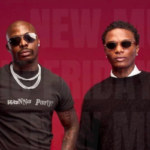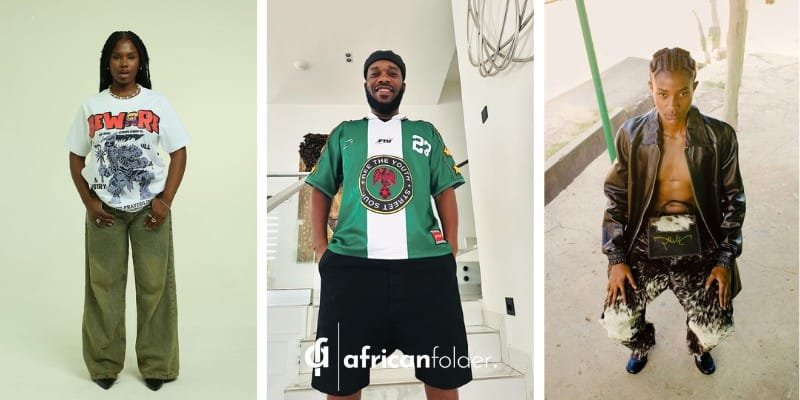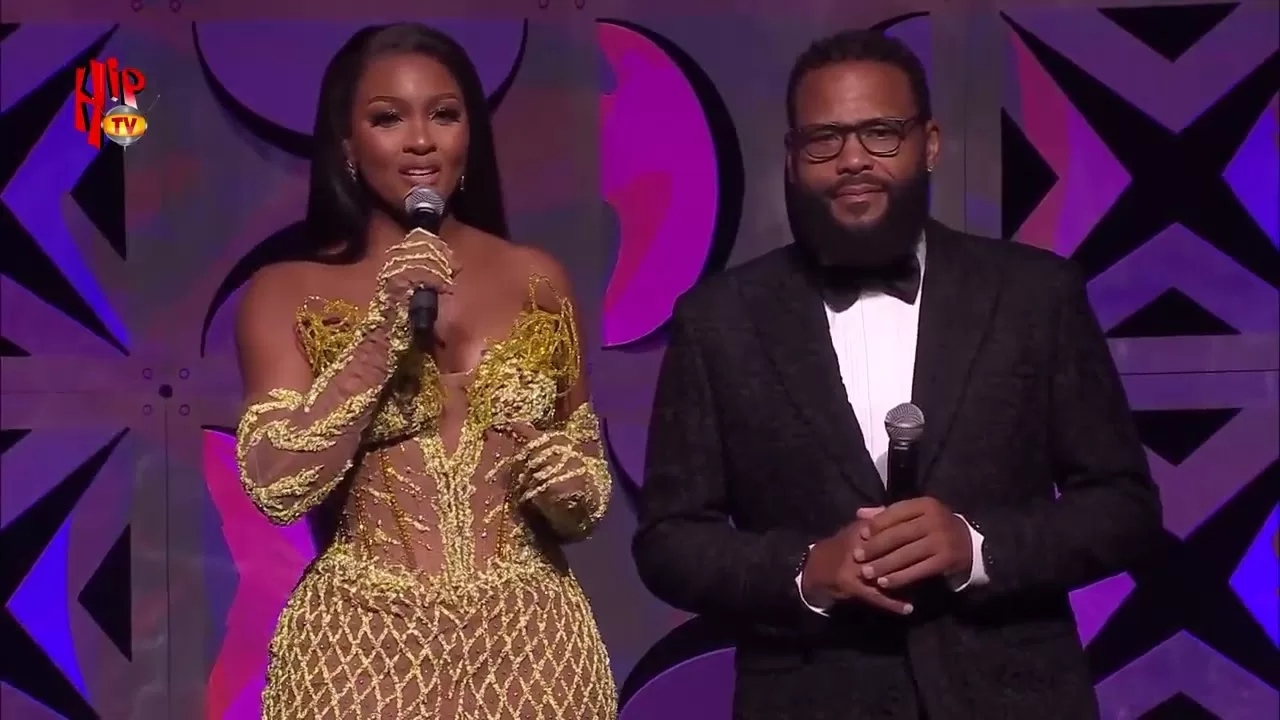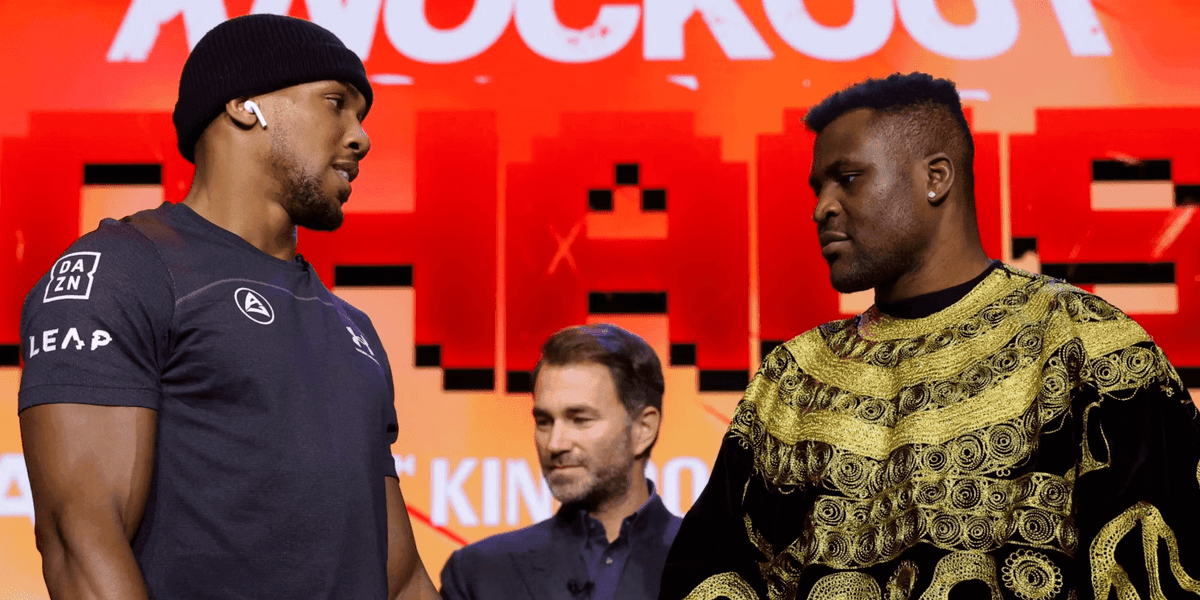As Afrobeats continues to enjoy widespread international success on a mainstream level, a new wave of Afrobeats artists in the diaspora has emerged, embracing the genre and attempting to leverage their diaspora experiences and connections to create Afrobeats records that connect with the local audience as well as a wider international audience.
These artists incorporate their global influences, fresh ideas, and perspectives into the music, as well as combining Afrobeats with other genres to push the genre’s boundaries as well as create music that appeals to the local audience as well as enjoy listenership with a wider international audience.
However, many of these artists struggle to connect with the Nigerian mainstream audience. While these artists enjoy commercial success driven by their previously existing fan base, they have been unable to create a connection with the Nigerian mainstream audience. Even though they are quite known amongst Nigerians on social media, they’ve been unable to translate that online popularity into success on a mainstream level.
Why are they struggling to connect to the Nigerian audience? Several clear factors contribute to this situation.
Cultural Disconnect
Because these artists have lived outside Nigeria most of their lives, the music sometimes lacks the cultural flavours to connect with the Nigerian audience. A lot of Afrobeats artists in the diaspora do not have the experiences that shape the preferences of the Nigerian audience, which makes the music they create sound foreign and unrelatable. Whilst they have an idea of the stories that appeal to the local audience, they fall short in the delivery of the content due to the lack of Nigerian context that makes these topics hit home for local listeners.
They also do not speak or understand the language of the streets (lamba), which affects their relatability, nor are they familiar with the slangs that drive Afropop records to cultural resonance. Afrobeats artists often need to incorporate “lamba” to reflect the realities of the mass market. This means they are not only musicians but also cultural ambassadors because they relate to the everyday experiences of Nigerians and communicate this reality through their music. This creates a sense of familiarity and makes the music more relatable, potent, and resonant.
Even when some of these artists have the required cultural context, the tone, style, techniques, delivery, and sometimes accent affect how the local audience receives the music, which, due to the aforementioned factors, feels tailor-made for an international audience and makes it less relatable to local listeners. It’s why a song like Left Right by Keys the Prince has failed to penetrate the mainstream despite enjoying digital success across Nigerian social media. Many diaspora artists, having lived outside Nigeria for much of their lives, often have foreign accents that can impact how Nigerian audiences receive their music. Authenticity plays a massive role in how the average music listener receives and enjoys the music. An artist with a thick British accent may struggle to convey the authenticity and flavour that makes Afrobeats enjoyable to the local audience.
Inadequate and Effective Marketing
Another important reason Afrobeats artists in the diaspora fail to reach the local audience is due to inadequate marketing and promotion. These artists fail to recognise that penetrating the Nigerian mass market requires localised strategies and is capital-intensive. They over-rely on collaborations with homegrown stars without understanding the local media landscape or making their presence felt on the ground through live performances at local events and festivals.
Darkoo has been on the receiving end of notable collaborations with recent partnerships including Ayra Starr, Rema, and Davido. Unfortunately, these collaborations tend to appeal to her existing fanbase and listeners with refined tastes and struggle to resonate with the broader local market. The lack of grassroots marketing efforts and reliance on her collaborators’ popularity contributes to her failure to establish a strong local presence. These releases eventually fail to gain traction among the wider listener base while finding success in social media and streaming silos.
Consumer Behaviour
Consumer behaviour is a very important factor that seems to be ignored by Afrobeats artists in the diaspora when attempting to establish their presence locally. Nigerian listeners have the tendency to connect to artists whose stories they can relate to. Hence, artists who come from middle- or lower-class backgrounds are easily accepted by Nigerian listeners.
Artists who come from privilege usually have to work harder to receive the respect and love they get. For diaspora artists, it might require extra because of the assumption that artists who have lived abroad and come from wealthier backgrounds, regardless of the accuracy of that assumption. This automatically creates a disconnect, which makes it harder for local listeners to emotionally invest in the music. This is why even though diaspora artists may have international success, they fail to translate to local appeal because the audiences cannot connect to the artists on a personal and emotional level.
What can they do differently?
For diaspora Afrobeats artists to overcome these challenges, they must prioritise the local listeners and directly engage with them. It is evident that collaborating with homegrown stars is not enough; they must be ready to get their boots on the ground. They do this by performing at local events, festivals, and even smaller venues like the New Afrikan Shrine and W Bar, which will help these artists build a connection with local audiences. They can also engage in positively impacting society through community engagement, advocacy for social causes, giveaways, etc. They must show that Afrobeats is not just a vehicle they are attempting to hop on to enhance their reputation, enjoy commercial success, and advance their careers, but they are genuinely invested in the culture and people that shape the genre.















